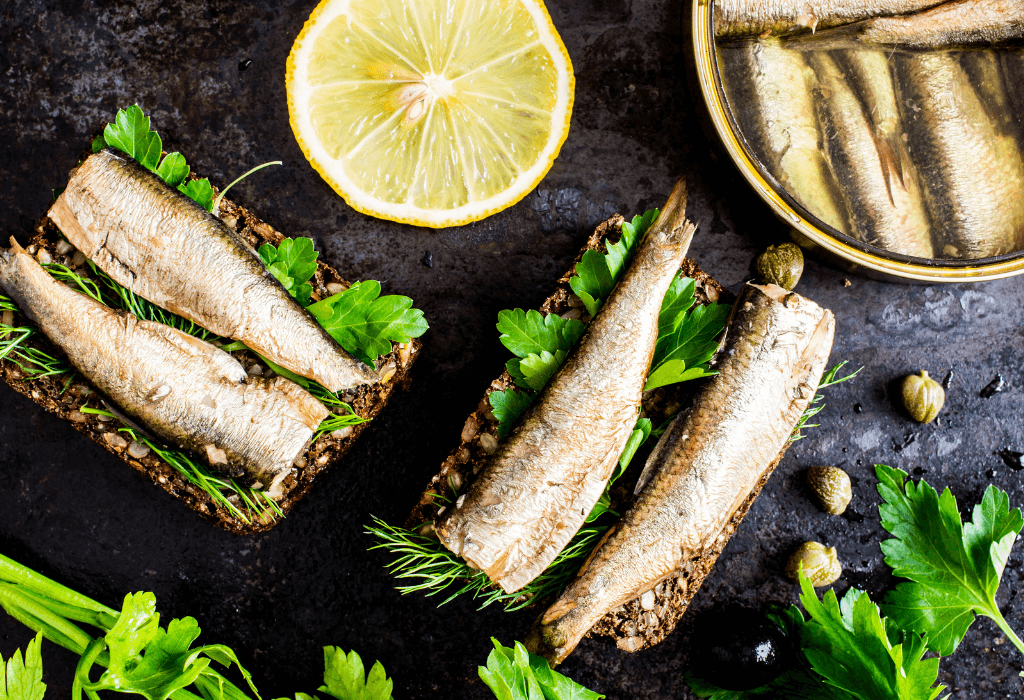Do I have to eat dairy to get enough calcium from my diet?
Dairy products are widely promoted as the best source of dietary calcium. Sure, dairy can be great source of calcium but it is also a food that people commonly react to. If you are one of those people, there are many great dairy free sources of calcium to include in your diet.
What does a deficiency look like?
A calcium deficiency may cause or be associated with the following:
- Osteoporosis, osteopenia
- Premestrual syndrome, menstrual cramps
- ADHD, hyperactivity
- Muscle cramps
- Dental caries, tooth discolouration, periodontal disease
- Agitation, depression, insomnia
- Back pain, lower back pain, sciatica
- Hypertension (high blood pressure)
Factors that increase demand for calcium
The following food and beverages are associated with lower levels of calcium in the body:
- Alcohol consumption
- Excessive intake of fat
- High caffeine intake
- High sodium intake
- High protein and sugar diets
- Eating a lot of foods that reduce absorption. For example, foods rich in phytic acid (nuts, grains and legumes), or foods rich in oxlates (spinach, tea, coffee, peanuts, almonds, chocolate).
Certain medications can also interfere with absorption. These include; corticosteroids, antacids, aspirin, diuretics and proton pump inhibitors.
Some nutrients can also affect levels; these include excessive amounts of zinc, magnesium or iron.
Why do we need it?
Calcium has many important roles in the body. Some of these include:
- Bone and tooth formation
- Blood clotting
- Muscle contraction
- Nerve transmission
What are the best dairy free sources of calcium?
Sardines (tinned), 90 grams – 486 mg
Tofu (raw), 100 grams – 350 mg
Salmon (tinned), 90 grams – 279 mg
Winged bean, 172 grams – 244 mg
Mussels (steamed), 100 grams – 173 mg
Snapper (grilled), 100 grams – 163 mg
Oysters (raw), 100 grams – 132 mg
Poppy seeds, 1 tablespoon – 125 mg
Kale (raw chopped), 1 cup – 100 mg
Mustard greens (raw), 1 cup – 91 mg
Chickpea (tinned), 1 cup – 90 mg
Silverbeet (boiled), 1/2 cup – 87 mg
Sesame seeds, 1 tablespoon – 87.8mg
Figs (dried), 3 figs – 80 mg
White beans (boiled) 100 grams – 69 mg
Lebanese cucumber (raw), 1 cup – 68 mg
Tahini, 1 tablespoon – 66 mg
Bok choy (raw), 1 cup – 65 mg
Brazil nuts, 10 nuts – 53 mg
Celery (raw), 1 cup – 31 mg
Almonds, 10 almonds – 30 mg
Egg (boiled), 1 medium – 21 mg
Lentils (boiled), 100 grams – 19 mg
Broccoli (raw), 2 florets – 15 mg
Parsley (chopped), 1 tablespoon – 12 mg
In Health,

